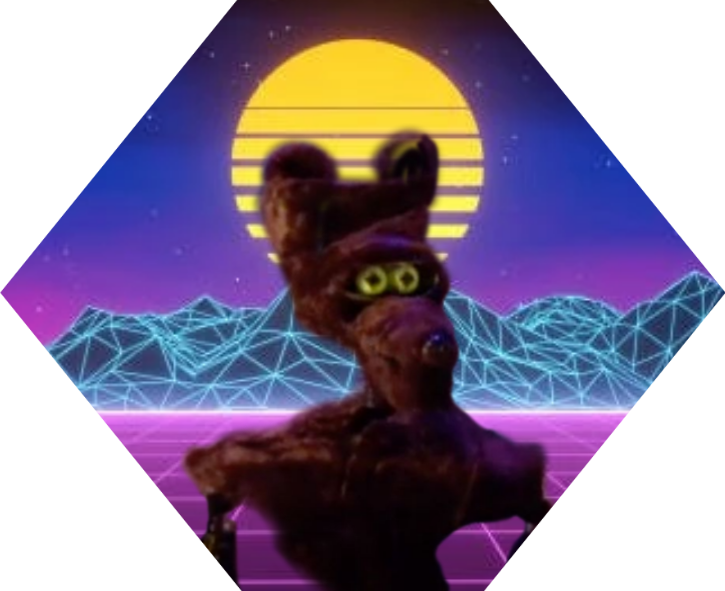



Me: "Computer, log into Proton Mail."
Computer voice acted by Majel Barrett: "Proton Mail connection establish. Please enter user name and password."
Me: enters user name and password
Computer voice: "Warning, this connection is not secure. Hackers may be able to intercept your private information."
Me: "Computer, establish a secure connection."
Computer voice: "Unable to comply. A secure connection requires level 4 or above access."
I guess because computational power is near unlimited and they are well past quantum computing... maybe the security scheme involves more than mathematical encryption, maybe the transmission medium? Could also be expensive because they have to use one-time pad encryption for every secure transmission. It's the only encryption scheme that cannot be cracked regardless of advances in computing but requires every transmission use a unique one-time cypher that is expended upon use.
https://en.wikipedia.org/wiki/One-time_pad
In some science fiction secure encryption ends up returning to one-time pad encryption because computational capabilities have become so advanced. An entire economic niche is created where interstellar ships travel in-between star systems delivering shipments of one-time pad keyrings that are used for secure transmissions. Any transmissions using public-private key schemes or any scheme with reusable cyphers is considered crackable by state actors and large corporations who care enough to task the necessary computational resources. As a result secure transmissions of a sensitive nature become extremely expensive.
I sorta imagine that it's due to Roddenbury being in his 70s when TNG started, the internet wasn't a thing, and lots of earlier military encryption was a variation of private key encryption, where a book of keys or cipher methods would chill on the flagship until a message was sent.
I guess that quantum computing could be a thing in the 24th century. Supposedly quantum cryptography (using light waves as keys) is literally impossible to crack, but now I'm just being pedantic.
In the 1970s they didn't have encrypted live audio video communication in outer space which is what they're showing in Star Trek. It was literally future technology until the last couple decades. And now we can do it all the time since our computer CPUs have it built in.
there's some fan theories about computer security being why so much of ship operations are manual. can't really remote hack pushing a physical relay.
if enterprise had been good and the earth-romulan war had actually made it to screen we could've had some good shit where the fancy new ships are extremely automated, get pwned by the romulans, and then we see a transitional period where the ships start looking more like TOS.
presumably computer security improved between the undiscovered country and TNG
Cryptography was also very much esoteric spooky might as well be magic shit back in the early 90s. I think it was still regulated as a strategic weapon or something.
And basilisk help you if the enemy AIs build a complete, detailed, and accurate simulation of you in a fish tank so they can infer what you'll do next without reading your comms!
Ftl travel of light implies that they can use relativistic efffects to make P approach NP
I like this lol, but sadly given how much Gene and Trek was influenced by the cold war I think this is more to do with the writers deliberately creating a casual link between encryption and secrecy for the benefit of the casual audience.
Its the boring explanation but it is the easiest way to convey the importance of a message in a sci-fi setting where you couldn't just deliver a huge file with "TOP SECRET" written on top.
Because during the Cold War and after, encryption was for important and secret stuff. They used to require large probably expensive and heavy machines to perform encryption on what was just text messages. From a quick google search, here's a machine from the 1990s: https://www.cryptomuseum.com/crypto/usa/kiv7/index.htm (look at how low its bandwidth is). And in Star Trek (I assume) they're doing encrypted audio and video which I assume wouldn't be very achievable until some time in the last couple decades.
It's only pretty recent as far as I know that a "CPU" has built-in encryption support (like x86_64 having AES-accelerating instructions)
Police radios in the US still don't always use encryption.
And no matter how fast it is, encryption requires more computation and thus power consumption than not encrypting something.
Of course that still wouldn't justify some of the quotes above. But movies have to kind of play up some things to make them interesting.
Thanks. It's embarrassing, but I binge watch Star Trek when I can't sleep.
The contradictions of a heavily armed quasi-military space boat full of enlightened utopian philosophers.
dares to criticise TNG on Hexbear

Not arguing with you though. Roddenbury had a few good things to say, but he was still a massive lib and his philandering hits a bit too hard.
i think "Wordbuilding", ie the idea that everything has to be Tolkien levels of thought out and detailed, was less of a thing in 89-90. We hadn't even really hit the point where TV shows had multi-episode arcs yet, that really started with Twin Peaks and The X Files a few years later. Stuff just kind of worked however it needed to work to make the episode work.
I imagine that in 87, UHF was pretty newish. Having more than 6 TV channels must have been pretty grand, and I guess people were starved for entertainment. I'm sure that networks gave much less of a fuck because they didn't have to. I personally don't like local sports, but people like my dad probably got into it because it was regular and new entertainment. No wonder people drank a lot back in the day.
I think it was more of a cultural shift in what was expected from TV stories. Lynch really took a step forward with Twin Peaks. Back in the early 90s if you missed an episode of a show you were never going to see it again. There was no internet, there was no way to get hold of an episode once it aired unless you could find someone who had taped it on actual, literal tape. As a result the general wisdom was every episode had to be self contained. Otherwise people who missed an episode would be lost and unable to follow the narrative. Lynch said "fuck it" and gave Twin Peaks a plot anyway. It changed the game - People watched diligently, and if they missed an episode they made their friends or co-workers explain what had happened in detail to keep up.
When X-files introduced it's season-long overarching plots they were interspersed with the "monster of the Week" episodes. A couple of times during the season you'd get a plot episode that moved the overall plot forward. Again, this worked very well. The overarching plot helped create real stakes for the characters that never existed in previous shows where each episode was totally self contained. The status quo could change, people could get hurt, there could be important revelations. Again, it worked very well (and it didn't hurt that David Duchovny and Gillian Anderson were widely regarded as the hottest people on the planet with a great dynamic on the show) and helped shift what studios thought was possible and desirable in TV.
Aside from goofy holodeck adventures and filler, the TNG "effort" episodes mostly focused on some particular concept or idea the writers wanted to explore or play with. It was for the most part very episodic and often had a lot of slice of life scenes following the characters as they explored the universe. A few years later we got Deep Space 9 and Voyager, both of which were much more plot focused. DS9 famously so, and it's still recommended as a sci-fi political drama to this day. Babylon 5 also came out somewhere in the 90s and combined a plot driven narrative with what at the time was very impressive CGI for a TV series.
I know that everyone makes a variation of this argument, but...
The Romulans: separated from the Federation by the "neutral zone", incredibly secretive and secluded "hermit kingdom", overly militaristic and hierarchical society, obsessed over dangerous military technology. What present day country did this represent for the average Amerikan liberal?
spoiler
The DPRK
There's no one to one correlation with any particular country
the Klingons and the Romulans were originally plot devices to tell cold war stories metaphorically, they're both vaguely amalgamations of the USSR and China









